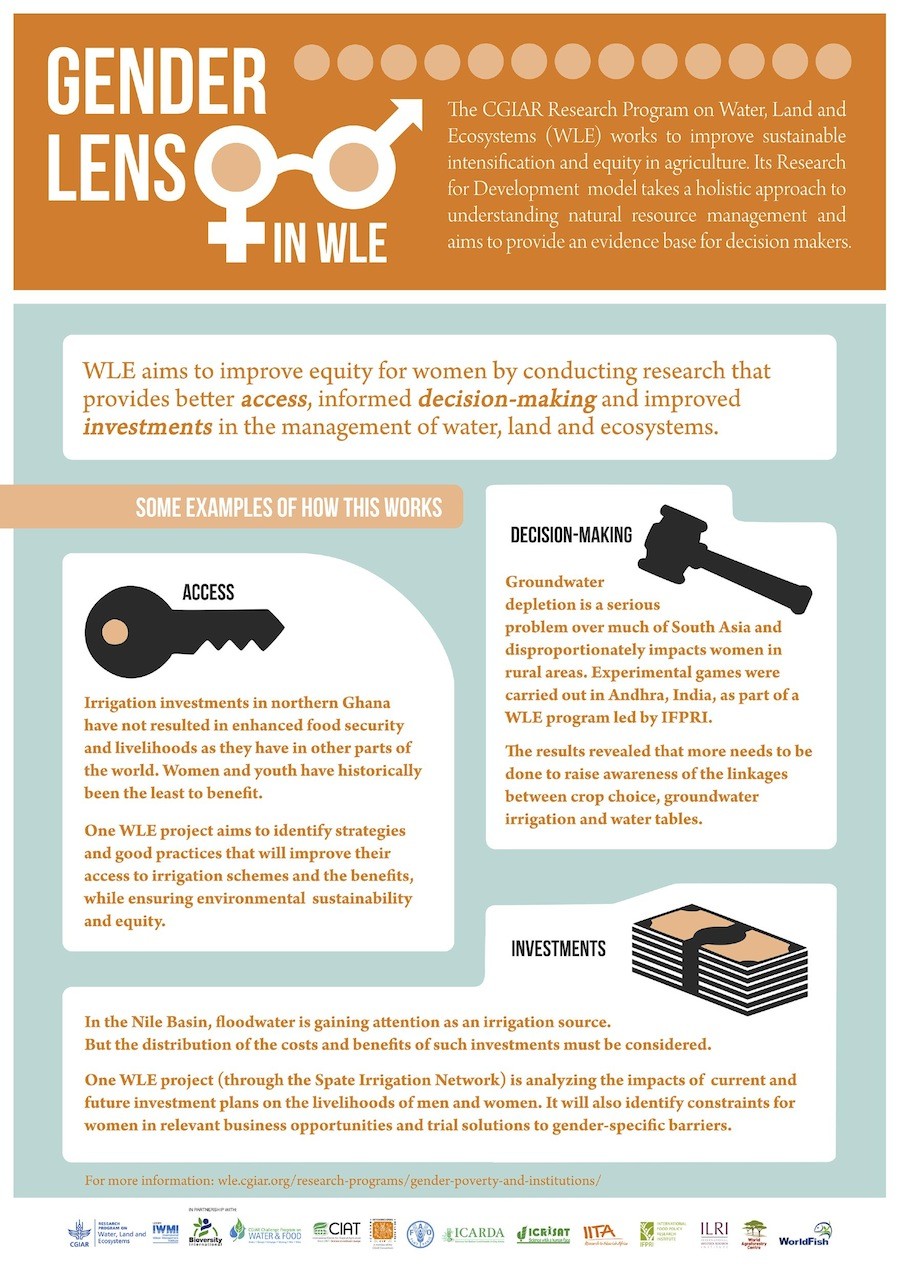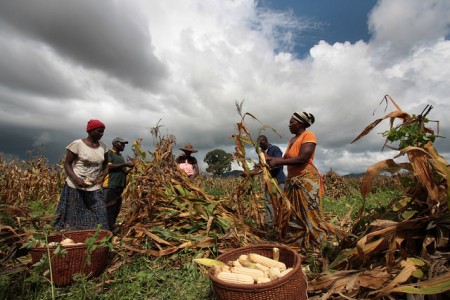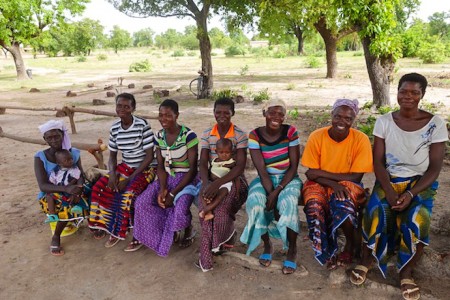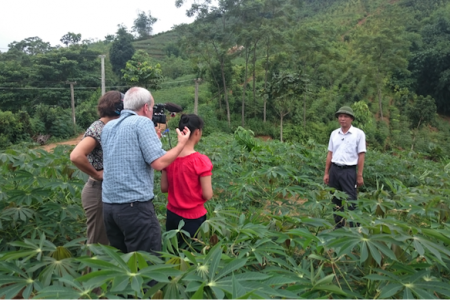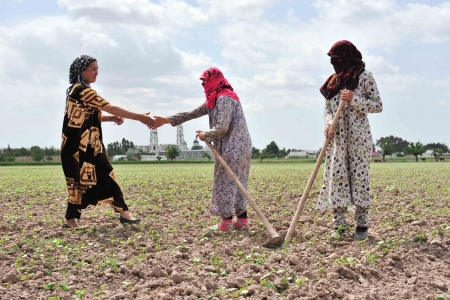Can helping women lead to food security?
October 15 is International Day of Rural Women, followed by World Food Day on October 16. Since the theme of World Food Day is 'Social Protection and Agriculture: Breaking the Cycle of Rural Poverty," WLE is looking at how bringing agrarian women out of poverty can lead to food security and better livelihoods.

The Food and Agriculture Organization of the United Nations (FAO), one of WLE's core partners, is taking the lead on World Food Day by co-organizing the official celebrations at Expo Milano in Italy. In preparation, they have created a World Food Day 2015 website and a corresponding blog, which will be updated regularly until Oct. 16th.
Explore the FAO World Food Day Website.
Read the FAO World Food Day Blog.
Live expert interview - ask your questions!
CGIAR Centers, Programs and Partners were interviewed on on Periscope ahead of World Food Day about how their work is breaking the cycle of rural poverty. Interviews were held live, but the videos are available on the CGIAR website for download.
On Friday October 9 at 10am IST, Alan Nicol, leader of the Gender Governance and Institutions theme at the International Water Management Institute (IWMI), answered questions live on behalf of both IWMI and WLE. Alan is an expert on research on water and development in Asia and Africa, with a particular focus on political economy, rural water development and transboundary river basin management.
Are women really the best stewards of the environment?
Women are often depicted as being more in touch with nature, somehow intrinsically tied to the environment. But is this a myth?
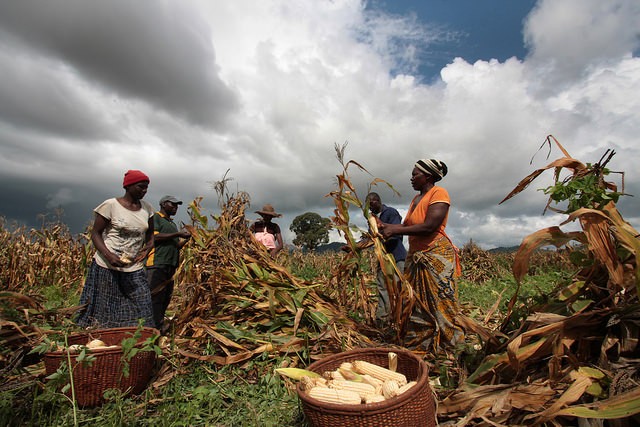
IFPRI scientists explore this assumption and look at the links between gender and sustainable agriculture in this new Thrive blog. [read more]
Incorporating gender into biophysical models
Hydrology is a discipline based in physics, based on quantifiable information and data sets. So how could the social study of gender relations possibly fit into the development of hydrological models?

Tracy Baker, a WLE researcher working in the Addis Ababa office of the International Water Management Institute (IWMI), had an 'aha' moment in which she realized, not only that it is possible to incorporate gender into her models, it actually leads to them having real social impact.
Read a blog on the subject, written by Tracy Baker.
Download her paper, A socio-hydrological approach for incorporating gender into biophysical models and implications for water resources research.
What do we know about agriculture and women?
In Gondar, Ethiopia, the International Center for Agricultural Research in the Dry Areas (ICARDA) led a workshop with rural men and women which demonstrated to researchers that different genders have different perceptions and that field work must be conducted in a way that allows for these different preferences to be expressed freely.
